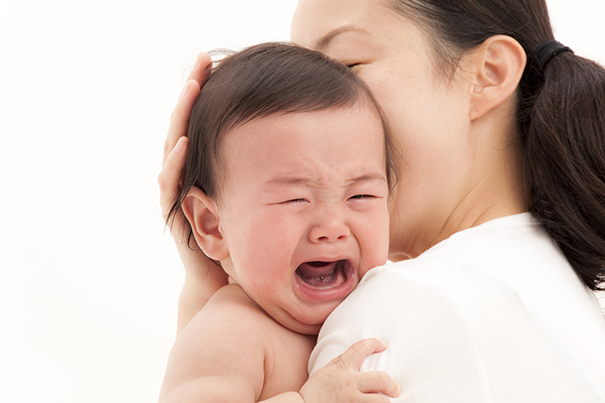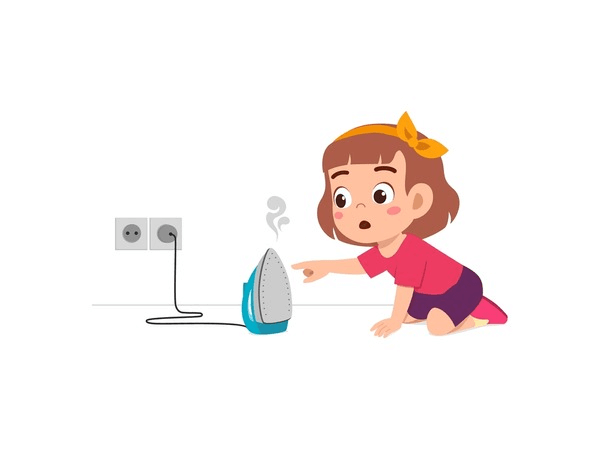Is It Normal for My Baby to Cry All the Time?

If your baby has been checked by a doctor and is healthy, frequent crying is usually normal, especially during the first three months. Babies typically cry for about two hours daily during the first six weeks of life.
Why Your Baby Cries All the Time
Babies cry for various reasons, including:
- Tiredness
- Hunger
- Overstimulation
- Dirty diaper
- Temperature discomfort (too hot or too cold)
- Need to be burped
- Colic
Sometimes, babies cry without an apparent reason. This is normal and will pass. However, if your baby’s crying seems unusual, trust your instincts and consult a healthcare provider, particularly if your newborn has a fever of 100.4°F or higher, which could indicate an infection.
Some babies might be allergic to dairy in a breastfeeding mother’s diet or formula. If you suspect this, discuss dietary adjustments with your baby’s doctor.
When Do Babies Stop Crying?
Babies cry most during the first three months, often for two to three hours daily. By around 12 weeks, most babies reduce their crying to about an hour per day, which, while still significant, is half as much as the initial weeks.
Related: Why Babies Cry When Put Down And How To Help?
Why Does My 2-Month-Old Cry So Much?
Crying follows a developmental pattern in the first few months. It typically increases at 2 to 3 weeks, peaks between 6 and 8 weeks, and then decreases, tapering off significantly by 3 to 4 months.
Babies often cry more in the late afternoon and early evening, needing to release tension after a long day, commonly known as the “baby witching hour.”
Newborns cry more in these early months due to immature digestive systems and because they haven’t learned other ways to communicate.
Some babies experience colic, characterized by uncontrollable crying in an otherwise healthy baby. Colic is defined by crying for more than three hours a day, three or more days a week, for at least three weeks. While colic is tough for both babies and parents, it’s temporary. Colicky babies usually cry significantly less between 3 to 6 months of age.
If you suspect colic, consult your baby’s doctor to rule out any medical issues. Otherwise, coping techniques can help manage colic.
How to Cope When Your Baby Won’t Stop Crying
If you’ve ruled out common causes of crying, try these steps when your baby won’t stop:
- Stay calm and take breaks if needed: Babies can sense frustration, which may increase their crying.
- Offer a pacifier
- Gently rock your baby in your arms
- Wear your baby in a carrier or sling
- Give your baby a warm bath
- Sing or play music
- Cuddle or talk to your baby
- Stroke your baby’s head or give a massage
- Play white noise from an app or noise machine
- Swaddle your baby
Even the calmest parents can struggle with constant crying. If you feel overwhelmed, place your baby on their back in a safe space, like their crib, and ask for help from friends or family.






